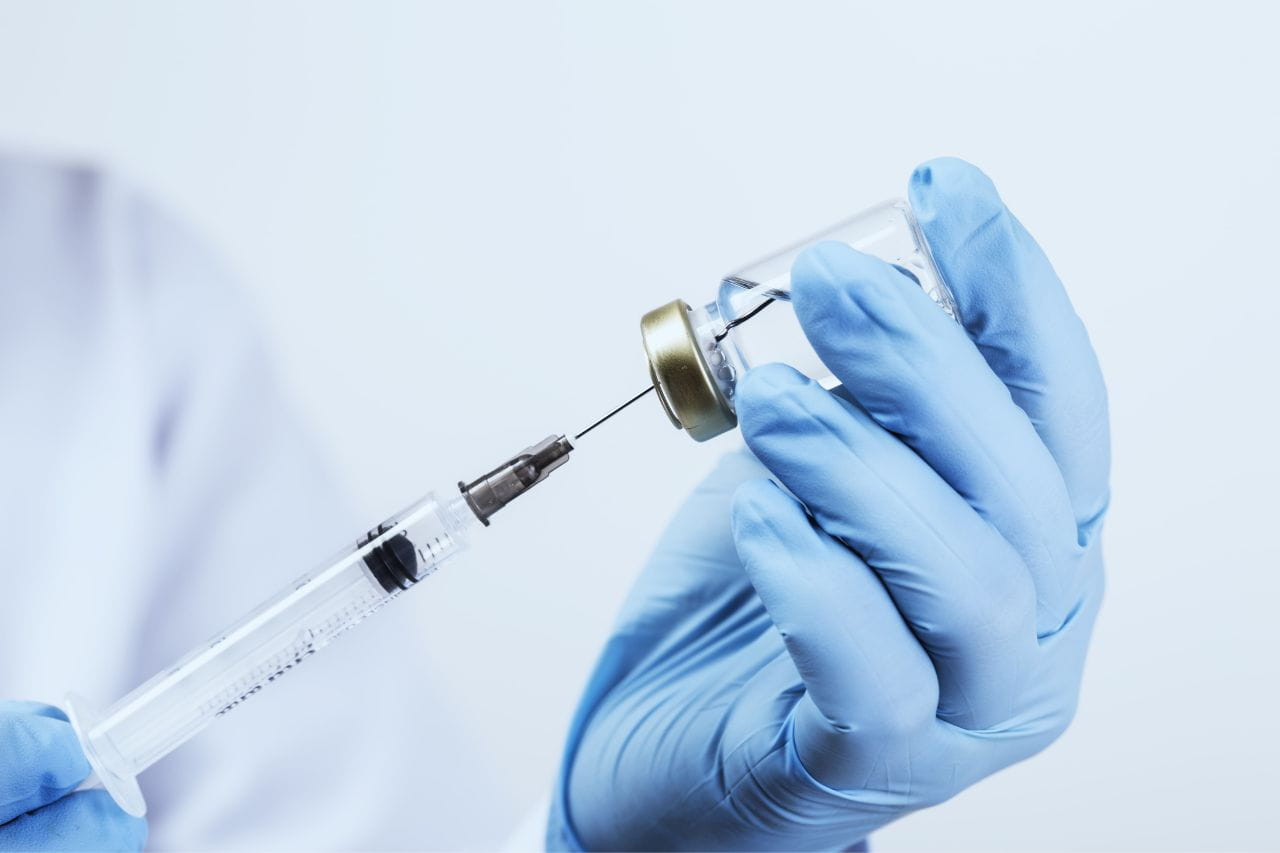Cortisone Shots

Cortisone is a type of steroid that reduces inflammation. Your doctor may recommend cortisone shots for conditions affecting joints or tendons, including tendinitis, arthritis, bursitis, carpal tunnel syndrome, and plantar fasciitis. These injections can also be used for inflammation conditions that are more widespread, like asthma, allergic reactions, and rheumatoid arthritis.
Cortisone shots are generally safe and rarely cause side effects. This article provides information on them.
Cortisone Shot Side Effects
Short-term cortisone shot side effects are rare but can include:
- Soreness at the injection site
- Infection
- Changes to the skin at the injection site, including shrinkage and lightening of the skin
- Bleeding from blood vessels broken by the needle
- Increased inflammation (post-injection flare) due to a reaction to the medication
Cortisone shots may also weaken tendons, raise your blood sugar if you have diabetes, and slow infection healing.
Long-term cortisone shot side effects include:
- Easy bruising
- Skin thinning
- Facial puffiness
- High blood pressure
- Weight gain
- Osteoporosis
- Cataracts
Rare but serious damage to bones in large joints called avascular necrosis can occur.
The potential for side effects is why some people feel cortisone shots are bad for you. So, you should talk with your doctor about the benefits and risks before getting a shot.
Where Are Cortisone Shots Given?
If you’re being treated for a localized condition like tendonitis in your knee, your doctor will give you the cortisone shot in your knee. For conditions that aren’t focused on one area, like asthma, you’ll get the shot in a muscle, like your buttock.
What Are the Symptoms of an Allergic Reaction to a Cortisone Shot
Allergic reactions to cortisone shots are rare since they contain a synthetic version of a steroid (cortisol) naturally found in the body. However, you should contact your doctor immediately if you experience any of the following:
- Rash
- Itching
- Difficulty breathing
- Trouble swallowing
- Swelling of your hands, face, or mouth
- Any other severe or concerning changes
How Long Does Cortisone Shot Last?
The benefits of a cortisone shot vary by person and condition, but they can last up to several months. While cortisone shots are generally safe, your doctor will likely limit you to four shots annually, with at least six weeks between them.
How do you know if your cortisone shot has worn off? The return of your symptoms is the primary indicator that the effects of your injection are waning. And in some cases, the injury that caused you to get a cortisone shot heals somewhat or entirely during the course of your shot’s effectiveness, leaving you feeling like it’s working indefinitely.
What to Do After Getting a Cortisone Shot
Your doctor may advise you to take specific actions after getting a cortisone shot, including: Apply an ice pack to the injection site if it hurts. Take showers only for a few days (no baths). Minimize the use of the affected area for a while. For instance, take a few days off running after getting a cortisone shot in your foot.
Talk with Your Baptist Health Doctor About Cortisone Shots
If you’re under a doctor’s care for a condition like asthma or rheumatoid arthritis, they will likely talk with you about cortisone shots if they feel they’re an appropriate treatment for you.
If you have persistent joint or tendon pain, you may want to ask your physician about the injections. They can evaluate your condition and may refer you to a Baptist Health orthopedic specialist for treatment.

.jpg?rev=0669da79ee4e481d979a4d08cce4c175)
.jpg?rev=5ec7fdcba4b24c3bbdb6146dc1d3a1e5)
.jpg?rev=3f065c17f8ae449db70b63e516c01853)